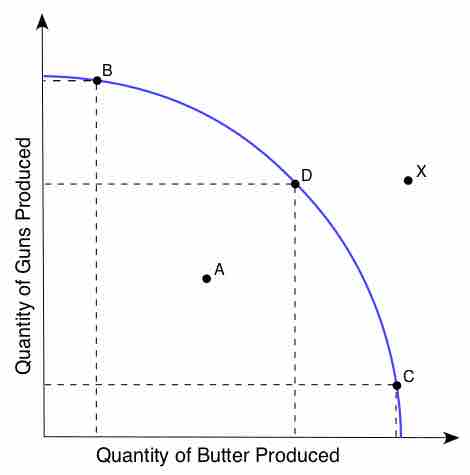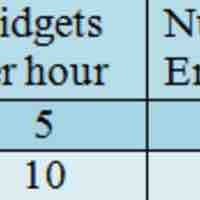Section 1
Introduction to International Trade
By Boundless
Countries benefit when they specialize in producing goods for which they have a comparative advantage and engage in trade for other goods.

The production possibility frontier shows the combinations of output that could be produced using available inputs.

A country has an absolute advantage in the production of a good when it can produce it more efficiently than other countries.
A country has a comparative advantage over another when it can produce a good or service at a lower opportunity cost.
Absolute advantage refers to differences in productivity of nations, while comparative advantage refers to differences in opportunity costs.
Specialization leads to greater economic efficiency and consumer benefits.
Comparative advantage is the driving force of specialization and trade.